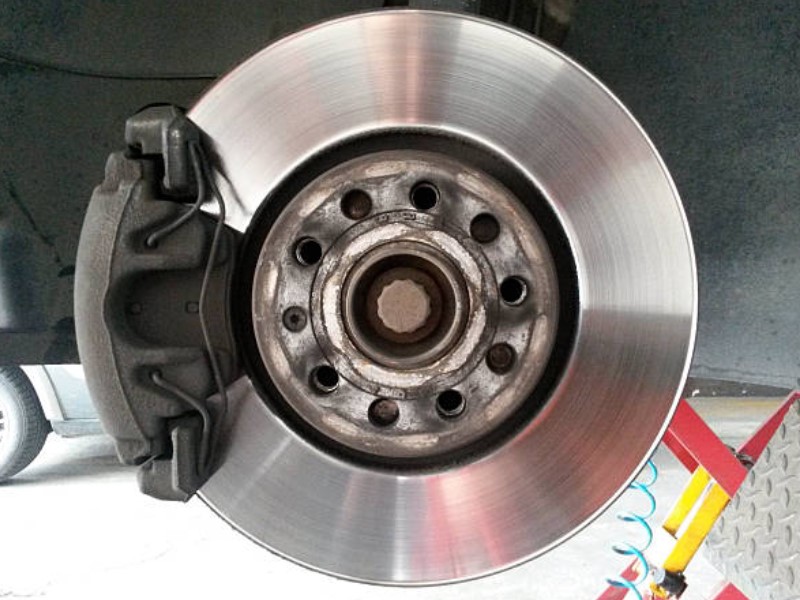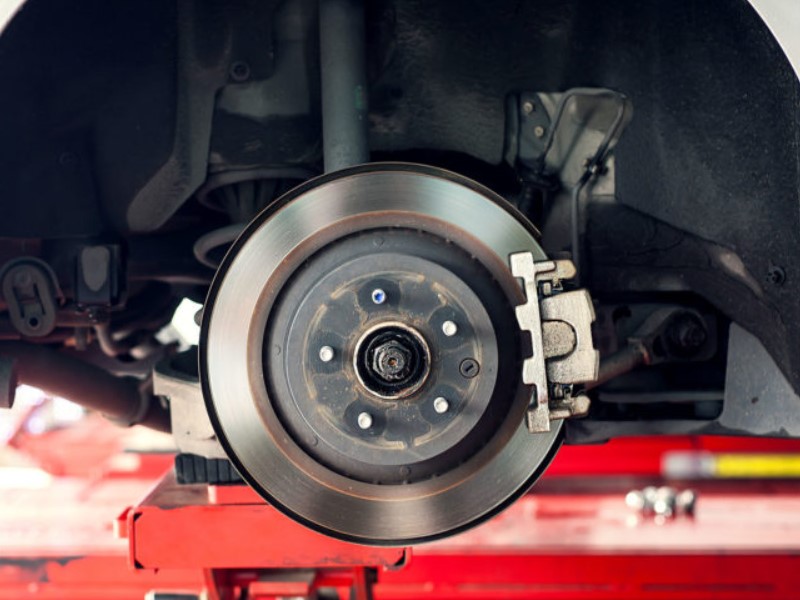A braking system is a system used to slow or stop the movement of a vehicle, a car or any other moving object. The braking system uses the force of friction between two surfaces to convert the object’s kinetic energy into heat and dissipate it into the surrounding environment.
Braking systems: what they are and how they work
In vehicles, the braking system is made up of a set of components, including the brakes, discs or drums, pads or shoes and brake fluids. Brakes usually consist of a hydraulic system, which transmits the brake pedal pressure to the vehicle’s wheels via hoses and the brake fluid.

Brake discs are metal discs fitted to each wheel, which are locked by the brake pads when the brake pedal is pressed. Brake drums or drums are a less common version of brake discs and work in a similar way, but instead of brake pads, they use brake shoes that expand inside the brake drum to slow the vehicle down.
Brake fluid is a hydraulic fluid that transmits the brake pedal pressure to the wheels of the vehicle. It is contained in the brake fluid reservoir and is pushed through the brake system hoses by the brake pedal. The brake fluid has a high boiling point and low compressibility, which means it can transmit brake pedal pressure to the wheels efficiently and reliably.
The brake system is one of the most important car parts and must be maintained on a regular basis to ensure the safety and proper functioning of the vehicle.








